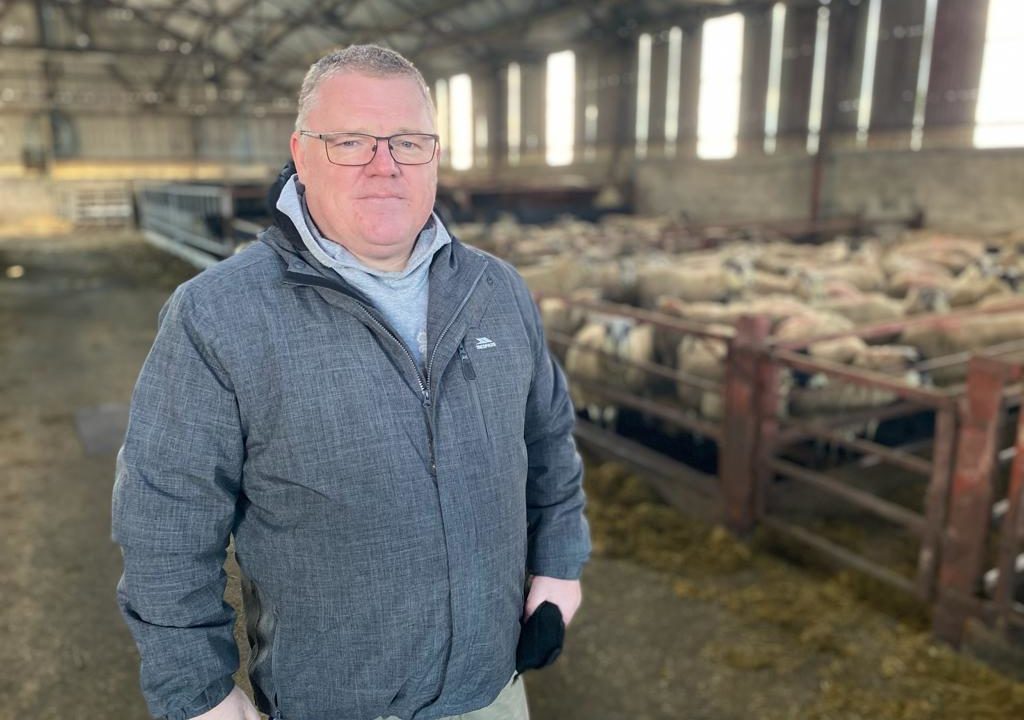Next Monday (February 28), will see Sinn Féin bring forward an amendment at Stormont to the Northern Ireland Climate Change Bill.
It is envisaged that the acceptance of this proposal by politicians, which specifically refers to biogenic methane emissions, will limit the need to reduce livestock numbers in the north over the coming years.
Sinn Féin agriculture spokesperson, Declan McAleer believes that his party’s climate change amendment, better reflects the needs of farming as a whole.
He told Agriland: “There has been much attention within the wider community and among farmers in particular about the consequences of this legislation should it pass into law before March 28.
“Sinn Féin has engaged extensively with farmers at the doors, in public meetings and through NIAPA [Northern Ireland Agricultural Producers’ Association] and the UFU [Ulster Farmers’ Union].
“We have listened to the valid concerns and questions and we have corrected some misinformation that has been circulated on this important issue.”
“Farmers have told us that they support and want to see effective climate action, they want to be part of effective measures to tackle climate change but they do not want to face unfair or disproportionate measures while the big global polluters continue to evade their responsibilities,” he added.
Emissions in the Climate Change Bill
The Sinn Féin MLA believes that climate change legislation is about balancing out the amount of emissions produced with the amount sequestered across all sectors in society, not just farmers, during the period ahead.
“In a post-Brexit world, where the British market fills up with cheap imports from Australia, New Zealand and other places, it is important our already highly integrated agri-food industry thrives by taking a strong and consistent island-wide approach,” he said.
“This means, for example, beef from the north being included in the Protected Geographical Indication [PGI] status for Irish grass-fed beef.
“This will maximise opportunities for us across the EU and beyond, to secure new markets that want high quality, sustainable produce.”
According to McAleer, a climate change act must not disproportionately impact farm families and rural communities.
He points to this being the rationale behind the proposed amendment. In his opinion, this approach will ensure that those affected are fully consulted in developing plans to tackle climate change.
“If the legislation is passed, plans to tackle climate change can only be agreed after a 16-week public consultation,” he said.
“These plans will also have to be rural-proofed, equality-proofed, small business impact-proofed and would then have to be agreed by the [Stormont] Assembly.
“Farmers, and those from other sectors, will be central to the design and development of these plans,” McAleer said.
